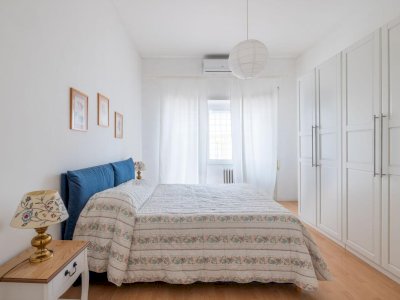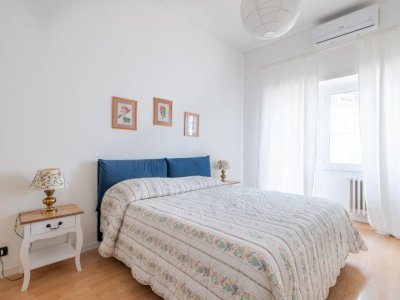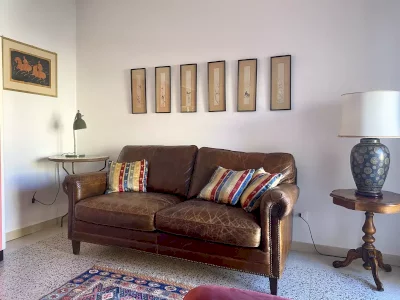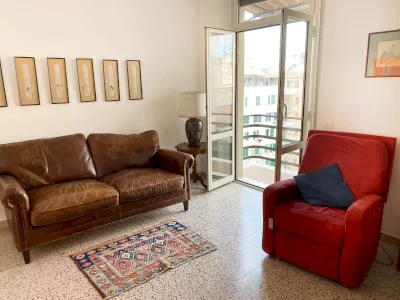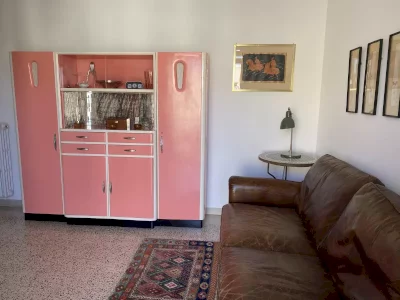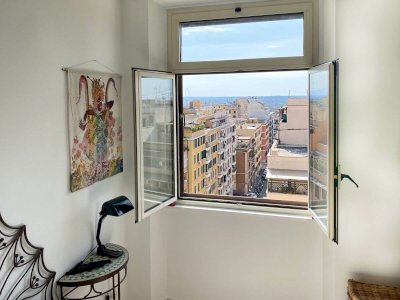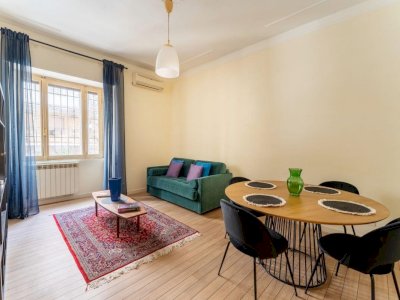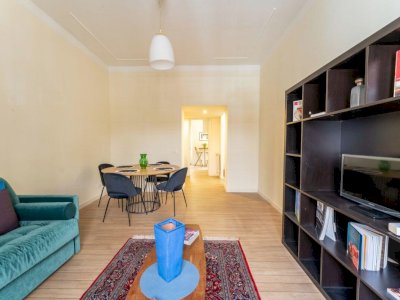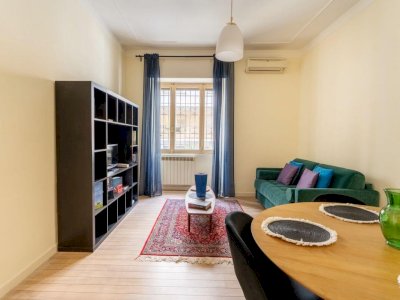Becoming an Italian resident can be a confusing process and it differs depending on whether you are from inside or outside the EU. Here’s the ultimate guide of how to obtain your Italian residency if you are from the EU and a few extra tips. If you are NON - Eu read this.
If after reading this guide it still seems a big mountain please remember every booking with Crib Med entitles you to a free consultation with a specialist immigration lawyer.
EU Citizens
Stays that are up to three months
EU citizens have the right to stay in Italy for up to three months without filing any paperwork, but you must have a valid passport or ID card
Stays that exceed three months
EU citizens have the right to residency for over three months if they:
- are employed or self-employed
- have sufficient resources for themselves and any family members so that they aren’t a burden on the social assistance system and have comprehensive health insurance
- are enrolled at a private or public establishment to study and have sufficient resources for themselves and any family members so that they aren’t a burden on the social assistance system and have comprehensive health insurance
- are a family member accompanying or joining an EU citizen with the right to stay in Italy for more than three months
If you meet one of these requirements and intend to stay for more than three months, here’s what to do next.
Preparing to Apply for Residency
To become a resident, you’ll need to take different documents depending on your circumstances. All of the documents mentioned are available to download at the following page: https://www.comune.milano.it/servizi/iscrizione-anagrafica-per-cittadini-ue
If you are employed or self-employed:
- A valid ID (passport or identity card)
- A Codice Fiscale (the original and a photocopy)
- A completed copy of the Residency Declaration (Dichiarazione di Residenza)
- Evidence of your activity (e.g. a valid work contract plus a recent payslip, proof of health insurance)
- A registered housing contract
- A marriage certificate plus an Italian translation (if necessary)
If you are self-sufficient and unemployed:
- A valid ID (passport or identity card)
- A Codice Fiscale (the original and a photocopy)
- Proof of maintenance (calculated according to the minimum Italian annual social security allowance relating to the number of dependent family members)
- Proof of health insurance to cover health care costs (valid for at least one year)
- A marriage certificate plus an Italian translation (if needed)
If you are a student:
- A valid ID (passport or identity card)
- A Codice Fiscale (the original and a photocopy)
- Proof of maintenance (calculated according to the minimum Italian annual social security allowance relating to the number of dependent family members)
- Proof of health insurance to cover health care costs (valid for at least one year)
- Proof of enrolment in a university course
- A marriage certificate plus an Italian translation (if necessary)
If you are a family member without autonomous right to residency:
- A valid ID (passport or identity card)
- A Codice Fiscale (the original and a photocopy)
- Proof that you have a family tie with the EU citizen or that you are a dependent relative (self-certification is accepted)
- A receipt certifying that the EU citizen applied for residency at the Anagrafe (Reigistry Office)
- A marriage certificate plus an Italian translation (if necessary)
Dichiarazione di Residenza (Residency Declaration)
 Codice Fiscale (Tax ID Code)
Codice Fiscale (Tax ID Code)

Submitting your Application
You can go in person, email, fax or post your application.
In person:
- Find your nearest Registry Office (l’Ufficio Anagrafe) here: https://www.comune.milano.it/servizi/sedi-anagrafiche
- Register and make an account so that you can book an appointment online
- Make an appointment via the website at your chosen office (be aware there could be a long wait!)
- Arrive early for your appointment and take all the necessary documents with you
*If you go without an appointment, you will probably be told to make one or have to wait for a long time so it’s better to book online*
Fax:
- Send a fax with your paperwork and documents to: +39.0288460164
Email:
- Send an email with your paperwork and documents attached to: [email protected]
- Write ‘APR’ in the subject line
Post:
- Send a registered letter (posta raccomandata) to: Settore Servizi al Cittadino, via Larga 12, 20122 Milano
What happens next
So, the hard part is over and now, your application just needs to be verified. Within 45 days of filing your paperwork, an official will come to your home to confirm the address.
Don’t worry if you aren’t home or don’t answer the door, they’ll leave a card with a number to call or a date and time when they’ll come back. After that, you’ll be able to go and pick up your residency certificate!
If you live in Italy continuously for five years, you’ll be entitled to a permanent residency card. You can read more about that here.
Helpful Tips
- Always book your appointment as soon as possible!
Even if you intend to send your application via email or fax, it’s a good idea to make an appointment online in case of emergencies! There’s a long wait (at least 2 months) so it’s better to be safe than sorry.
- Overprepare!
Along with all the required documents, you should take anything else that you think might be relevant just in case (e.g. driver’s license, health card). It’s better to play it safe and be over prepared.
- Ask to come back the next day!
If you go to your appointment and discover there’s a problem with your paperwork or documents, ask to come back the following day. You don’t want to wait for months for a new appointment so ask them to write down what you need and say you’ll come back.
DISCLAIMER:
This article is meant for educational discussion and it contains only general information about legal matters. It is not legal advice, and should not be treated as such.

Richard
Richard is the founder of Cribmed. He was born and grew up in New Zealand. In his twenties, he traveled and backpacked extensively before finally settling down in Rome, Italy in 2011.

Latest posts by Richard
-
Affitti Vacanze vs. Affitti Mensili Transitori -
27 Nov, 2023
-
Cedolare secca e affitti brevi: Domande e risposte -
01 Nov, 2023
-
AMA - Rome Garbage - How it Works -
19 Jan, 2022
-
How to get a Codice Fiscale -
11 Jan, 2022
-
COLORARE LE CASE -
20 Dec, 2021



 Italian
Italian



